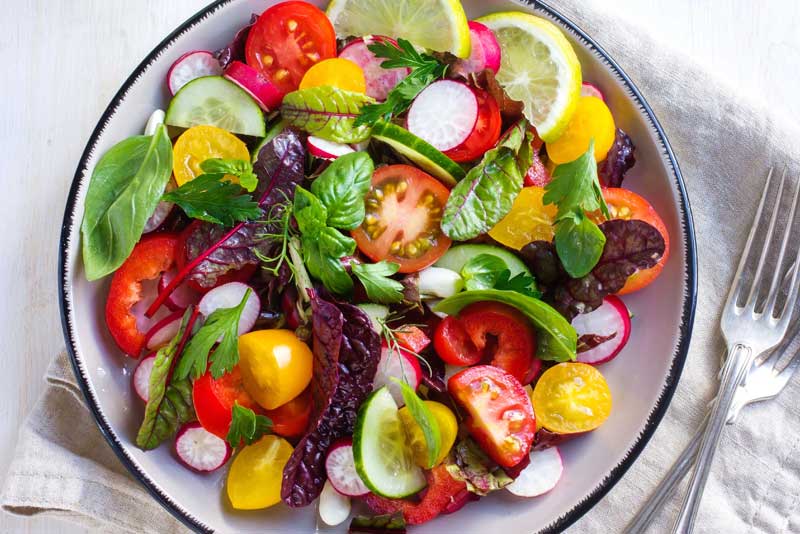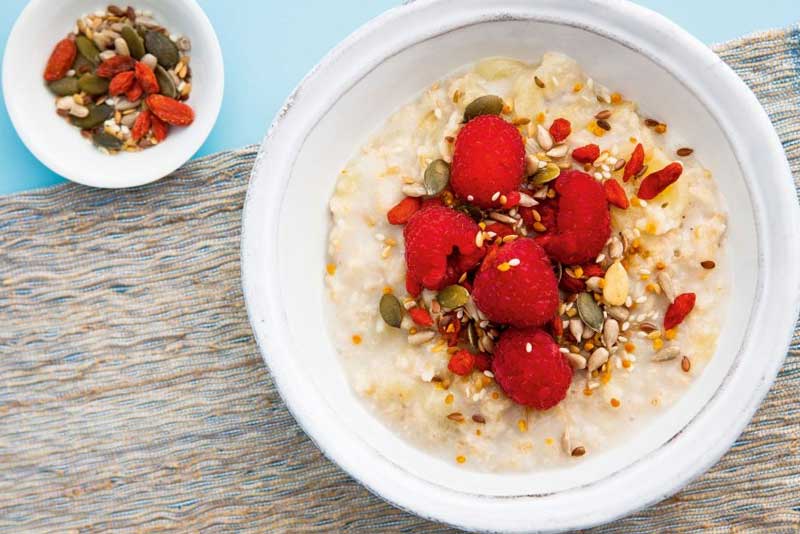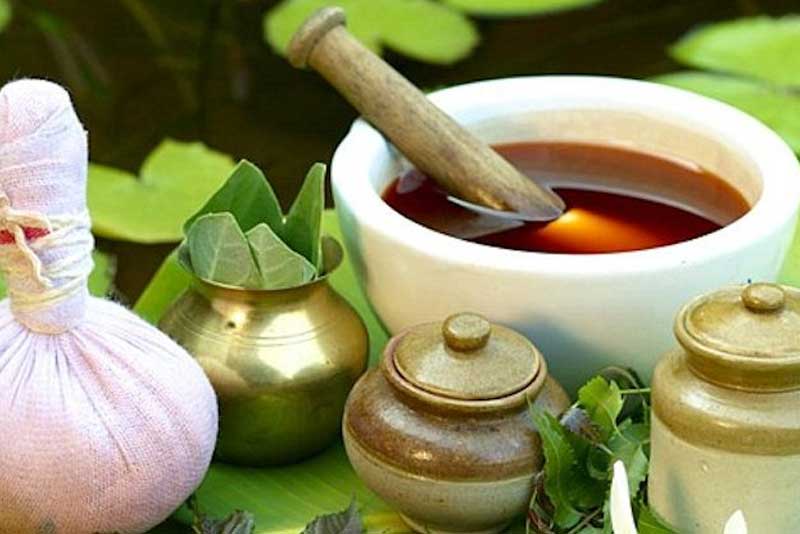
How To Lose Weight On A Vegan Diet
If you have chosen a vegan lifestyle and are looking to achieve fat loss, then all you need is a structured plan and you are good to go. The pointers below will be of great help...
Focus On Your Protein
Protein prevents muscle loss and helps to preserve and increase lean body mass which in turn keeps the resting metabolism higher, thus aiding fat loss. Also, protein-rich foods are high on thermogenic value i.e. they trigger metabolism in their digestive process.
Being a vegan, there is a compromise on protein as vegan foods are low in protein with an incomplete amino acid profile, plus a lower biological value as compared to animal sources. Also, vegan foods that are high in proteins i.e. sprouts, soya, legumes, pulses - these are also rich sources of carbohydrates. Thus, they can’t be consumed in large quantities. Soya and tofu are higher in biological value and total quantity of protein but due to their phytoestrogen content, they are not recommended for men on a regular basis.
The saving grace is low carb vegan protein supplements especially Pea protein which is fortified with all the essential amino acids and have better biological values.
Cut Those Carbs
Carbohydrates are the body’s preferred source of fuel, only if they are kept low, the body will be forced to burn fat for energy.
Being a vegan, it’s difficult to keep the carbs low as even the protein sources have carbs attached to them. The key is to choose those foods which are lower in glycemic index and are fibrous in nature. Taper the quantity from morning to night, the dinner being the least-carb meal with only fibrous veggies. Legumes and pulses are relatively higher on proteins and lower in carbs than cereals. Thus, these could be chosen over cereals. Don’t overdo fruits, keep them only in the first 2 meals, as although natural, they have sugar which can get easily converted to fat if consumed in excess or in the later part of the day. Consume foods high in carbs before and after exercise.
A detailed list of food items that can be consumed and the ones that should be avoided:
Cereals/Grains:
Recommended: Quinoa, buckwheat, whole oats, bajra, ragi, barley, wheat, jowar, brown/red rice,
Not recommended: white rice and products, maida, corn and products, sago, poha, rawa, kurmura, pop corn, arrowroot, puffed grains, couscous, amaranth, quick cook oats, brown bread, wheat pasta.
Pulses:
Recommended: Sprouts, beans, legumes, dals
Not recommended: All Processed dal and pulse flours such as besan
Fruits:
Recommended: Orange, pear, mosambi, guava, papaya, jamun, lemons, peach, plum, pomegranate, kiwi, tomato,
Not recommended: Banana, mango, grapes, custard apple, chiku, dates, raisins, watermelon, jackfruit, pineapple, berries, fruit juices, apricot
Vegetables:
Recommended: All green leafy high-fibre veggies
Not recommended: Potato and pumpkin
Sweeteners:
Recommended: Stevia
Not recommended: Jaggery, maple syrup, brown sugar
Supplement Omega 3:
Omega 3 Fatty acids improve insulin sensitivity and also boost metabolism, thus promote fat loss. The most potent vegan source of omega 3 is Algae Oil, followed by flaxseed oil.
Eat Good Fats:
Almonds, walnuts, avocados, macadamia nuts, seeds are sources of good fats and fibre. They not only boost metabolism but have a great satiety value. Thus, best is to use them in the latter half of the day, as an evening snack or a pre-bedtime meal, instead of any carbs.








